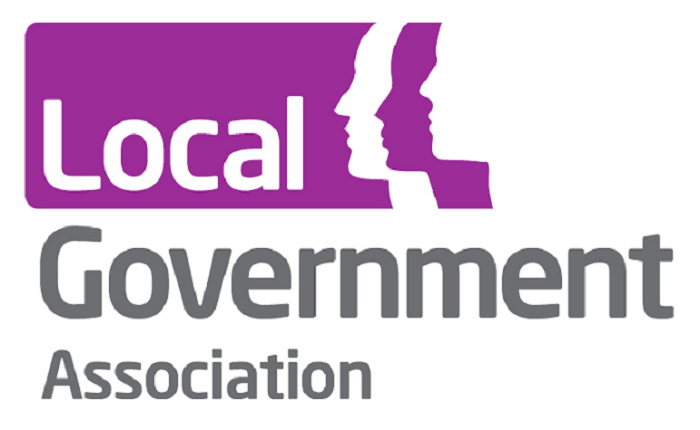By Professor Keith Moultrie, Emeritus Professor at IPC, one of the study’s co-authors
The report can be accessed on the Institute of Public Care website.
Safeguarding issues in adoptive and special guardianship placements are often down to families being overwhelmed by children’s trauma, highlighting the need for trauma-informed support, found a recent study
Most children who are the subject of a special guardianship order (SGO) or are adopted do well, with families able to promote their children’s wellbeing, emotional development and achievement with or without support from professionals.
However, this is not always the case. Despite best efforts and intentions there have always been situations where these arrangements have broken down or where children have become unsafe.
We wanted to understand the experiences of such families when safeguarding issues arose and consider areas of practice that could be improved.
Examining safeguarding issues in adoptive/SGO placements
The Nuffield Foundation-funded study, by the University of Birmingham and the Institute of Public Care at Oxford Brookes University, was led by Dr Joanna Garstang, and undertaken between December 2024 and June 2025.
It involved detailed analysis of 115 case files in five local authorities across England and Wales, all of which had involved recent safeguarding concerns in adoptive or SGO families.
This was supplemented by interviews with 60 safeguarding, adoption and SGO professionals and national leaders in adoption and SGO support services, and interviews with 10 special guardians and 10 adoptive parents with recent experience of statutory safeguarding interventions following adoption or an SGO.
Families ‘overwhelmed’ by children’s complex needs
We think the study is one of the most extensive of its kind concerned with safeguarding in the context of adoption and SGO. Key findings included:
- The main risks to children placed in adoption or SGOs related to behavioural challenges linked to previous trauma and developmental conditions.
- Safeguarding concerns often arose when families, despite their best efforts, were overwhelmed by the demands of caring for children with complex needs, which were exacerbated by a lack of both timely and specialist support.
- Support systems were often reactive, inconsistent and insufficient. Many families reported long waits for mental health services, inadequate school and pastoral support as well as a lack of trauma-informed care.
- Adoptive parents and special guardians frequently felt judged or blamed when seeking help, leading to delays in accessing support and worsening outcomes.
- Overall, outcomes for children varied: while some achieved stability and success following a safeguarding incident, others experienced poor or worse outcomes due to entrenched issues and late intervention.
The need for early, specialist support
We concluded that, despite the initial optimism often associated with an adoption or SGO and the preparation completed prior to placement, families were not sufficiently recognised as being in need of ongoing support to help them deal with long-term issues stemming from the children’s previous experience.
Many of the families we looked at in the study would have benefitted from more specialist long-term support from an early stage to help them explore and address issues such as trauma, developmental difficulties and neurodiversity.
This could have helped prevent later problems, including the need for safeguarding, high levels of challenging behaviour or mental health problems and risks of criminal or sexual exploitation. For these families, a more proactive approach, offering targeted early help and support throughout childhood, is needed.
We saw many examples of social workers and their professional colleagues recognising and responding creatively to families who were struggling. But we also saw instances where adoptive parents or special guardians had been asking for more support or advice for a long time prior to a safeguarding incident, and that support had not been available or accessible. As one special guardian commented:
“The social worker said, ‘I’m sure you can use all your magic to nurture and that will sort it out for them’ …but that’s not true. It’s really not true.”
Recommendations for social work practice
The report makes a series of recommendations for social work practice and services, including:
- More robust and trauma-informed assessments for prospective adopters and special guardians.
- Long-term, proactive support tailored to the needs of the whole family on a case-by-case basis, with a clear commitment to being accessible through childhood.
- Ongoing contact arrangements with families such as an annual check-in with the regional adoption agency or SGO support team to update their support needs, and to help normalise the need to ask for help.
- Specific training and support for families in managing the challenges of adolescence, including risks of exploitation and unplanned contact with birth families, provided early enough to help families prepare for transition to secondary school.
- Improved and timely collaborative working between adoption, SGO and safeguarding services to provide more joined-up, and non-stigmatising support systems for families
- Specific training for safeguarding social workers on the issues to consider when investigating safeguarding issues in the context of adoption or an SGO.
- Specialist training for professionals within these services on the impact of early trauma and on how to support families effectively.
In summary, while we all understand the financial and resource constraints that local authorities are under at the current time, we think that there is a strong argument that investing in more effective assessment and long-term support for more vulnerable adoptive families and special guardians can reduce the need for later safeguarding and breakdown support.
This article appeared in Community Care Magazine online on 9th September 2025.














